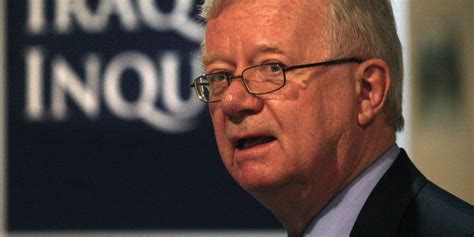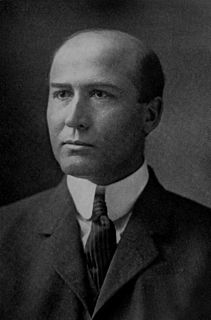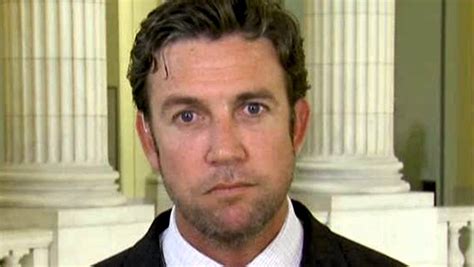A Quote by Noam Chomsky
There was unprecedented elite condemnation of the plans to invade Iraq. Sensible analysts were able to perceive that the enterprise carried significant risks for U.S. interests, however conceived.
Related Quotes
During the rule of the Shah, arrogance, aggression, territorial expansion at the expense of the Arabs and attempts to harm Iraq's national sovereignty and the rights of the Arab nation were a constant pattern. Iraq and the Arab nation were regarded as a sphere of influence for the expansionist plans of Iranian interests. That policy has been followed throughout history by the State of Persia against its neighbours to the west, and as we have shown.
No treaty, however much it may be to the advantage of all, however tightly it may be worded, can provide absolute security against the risks of deception and evasion. But it can, if it is sufficiently effective in its enforcement and if it is sufficiently in the interests of its signers, offer far more security and far fewer risks than an unabated, uncontrolled, unpredictable arms race.
Similarly, the press never tested many of the assumptions about WMDs. One of the great myths about the WMD issue is that everybody believed Iraq had them. Well, that's not true. There were a number of people in the intelligence community and the State Department who were skeptical, and many analysts in the Department of Energy were dubious about Iraq's nuclear capability. There were also people like Scott Ritter who were saying quite accurately what was going on.
While we were never able to provide 100 percent certainty regarding the disposition of Iraq's proscribed weaponry, we did ascertain a 90-95 percent level of verified disarmament. This figure takes into account the destruction or dismantling of every major factory associated with prohibited weapons manufacture, all significant items of production equipment, and the majority of the weapons and agent produced by Iraq.
The free enterprise concept inherent in the economic model of capitalism should mean common people, or lower and middle class wage-earners, have greater potential to rise up and gain financial independence. In reality, however, free enterprise all too often leads to an almost total lack of government regulation that in turn allows the global elite to run amuck in Gordon Gecko-style financial coups.
Basically, it's hard for me to assess myself, a hardship not only prompted by the immodesty of the enterprise, but because one is not capable of assessing himself, let alone his work. However, if I were to summarize, my main interest is the nature of time. That's what interests me most of all. What time can do to a man.
For if many ill-conceived plans have succeeded through the still greater lack of judgment of an opponent, many more, apparently well laid, have on the contrary ended in disgrace. The confidence with which we form our schemes is never completely justified in their execution; speculation is carried on in safety, but, when it comes to action, fear causes failure.






































